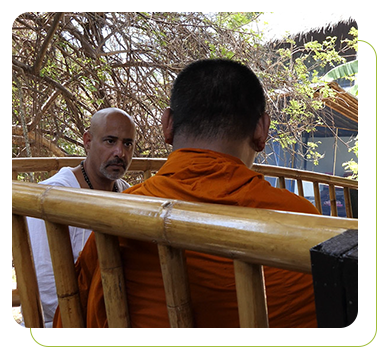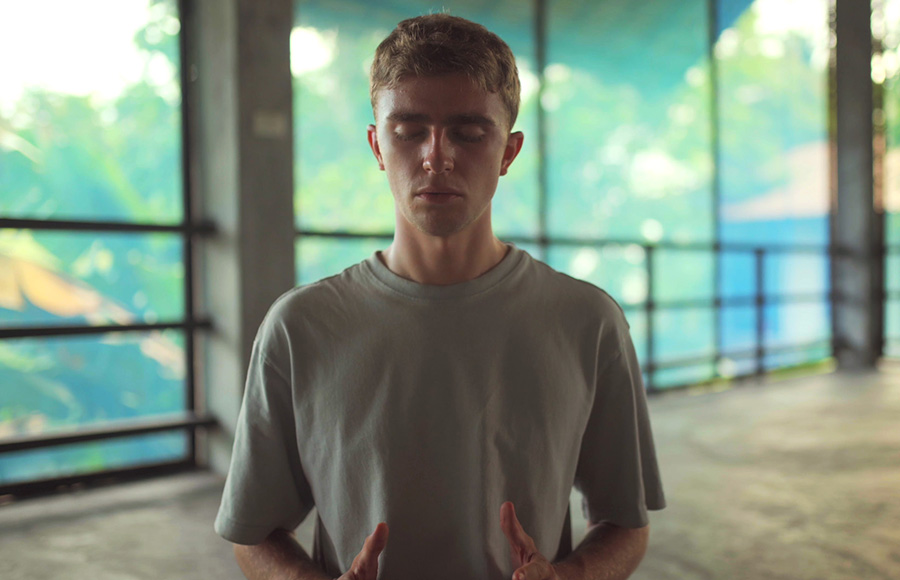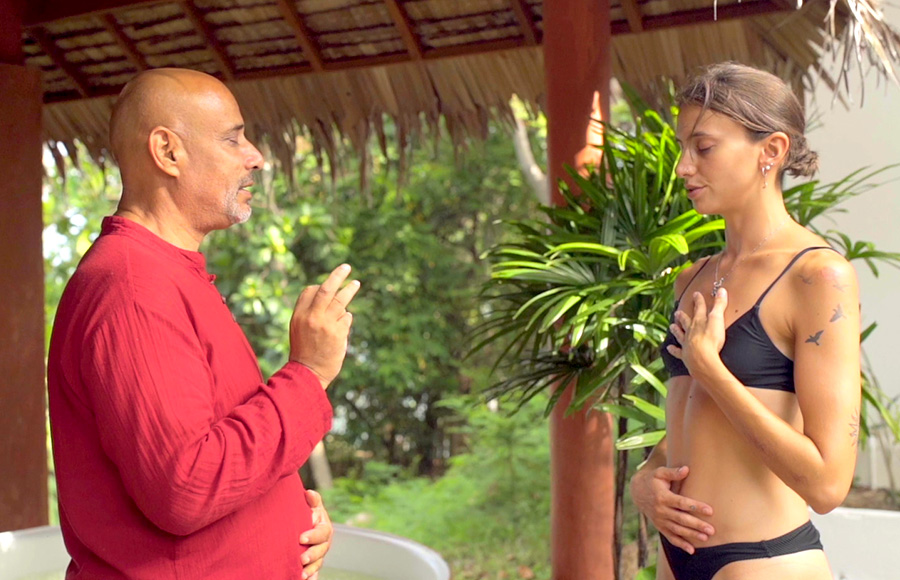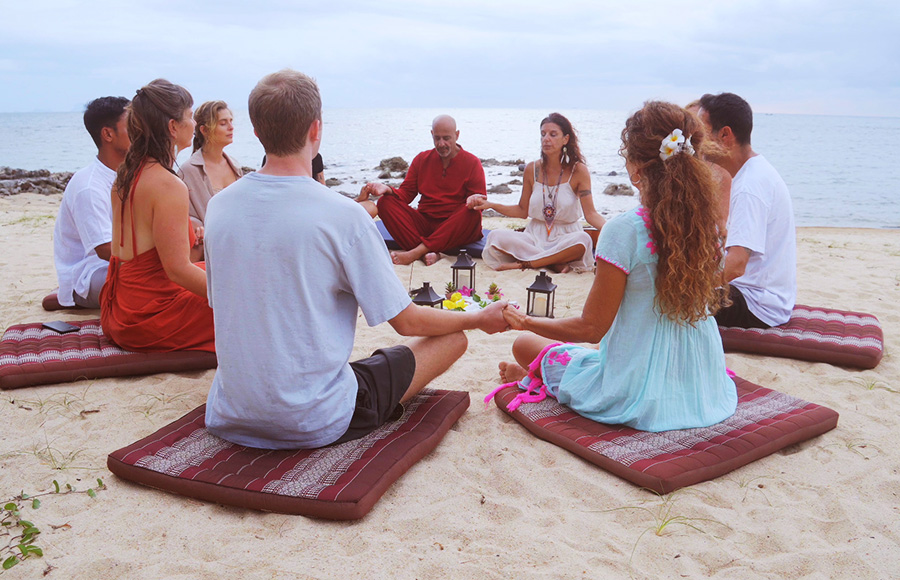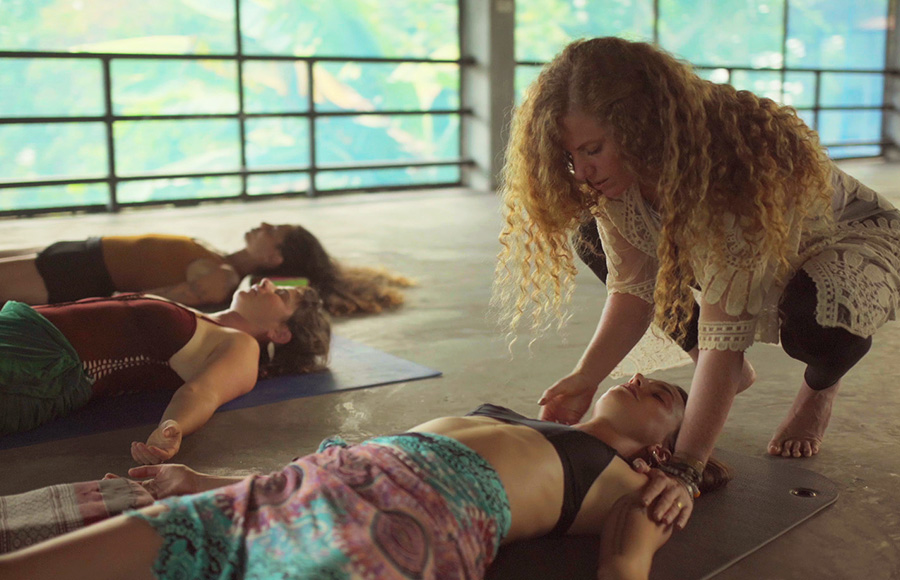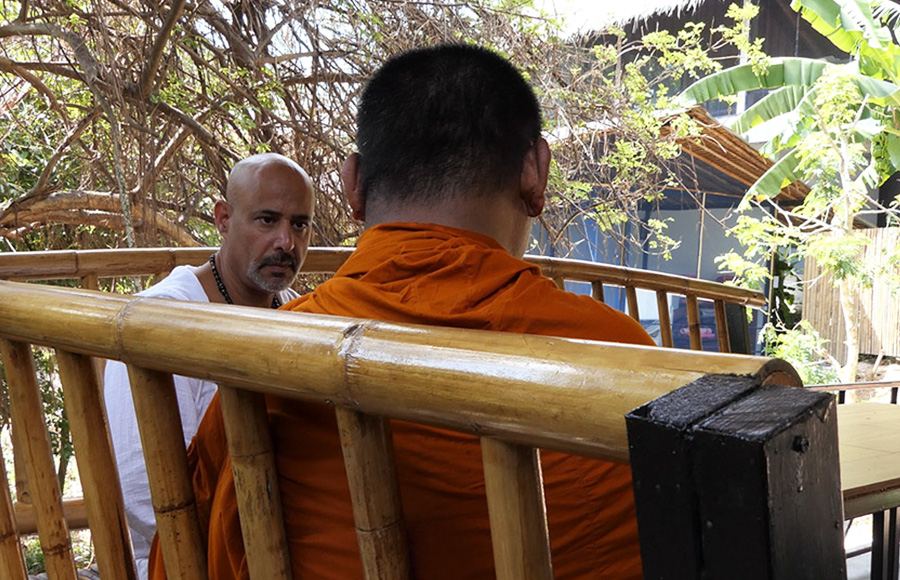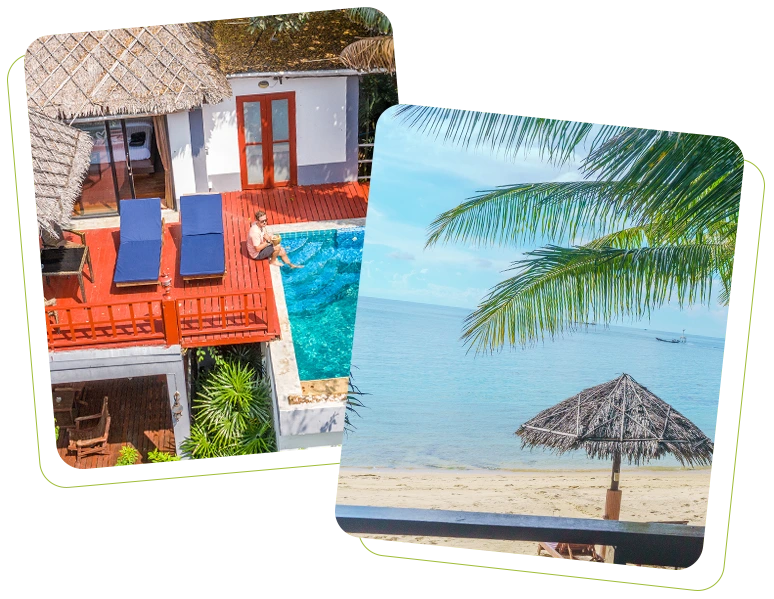Why Inclusive Addiction Treatment Is the Future of Global Rehab
05 min read
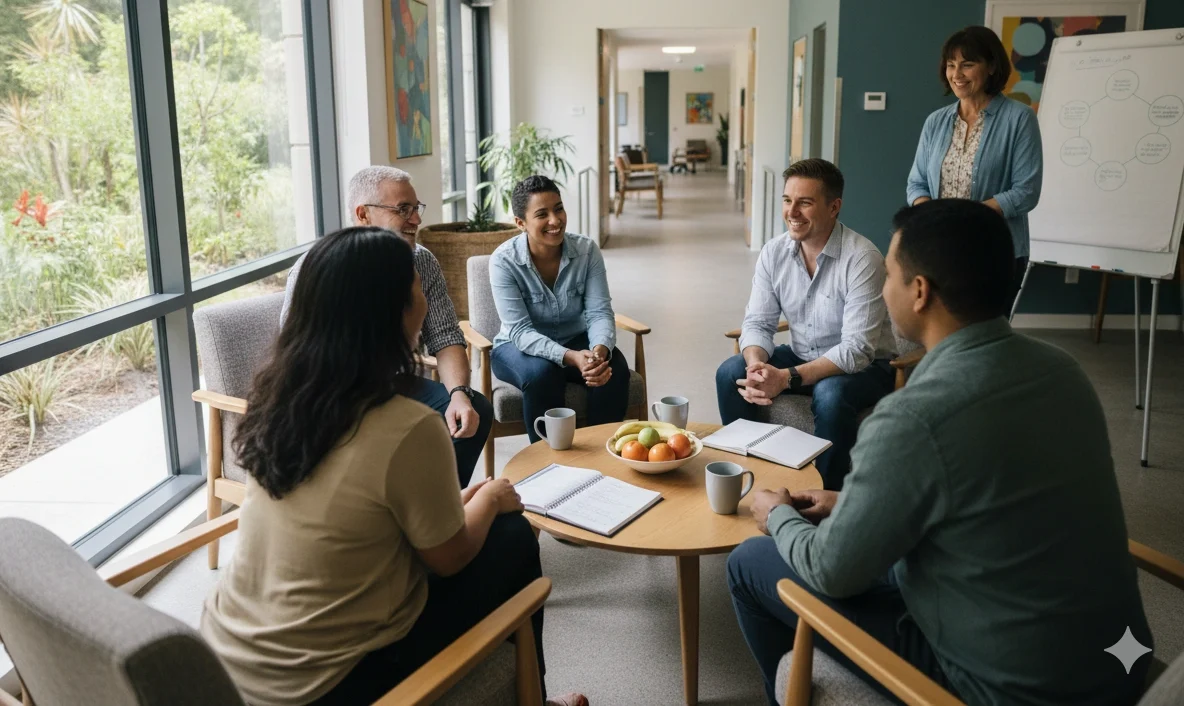
The Shift Toward Inclusivity in Recovery
For decades, addiction treatment has been shaped by rigid models designed for a narrow “typical” client. These programs often overlooked diversity in learning styles, cultural backgrounds, trauma histories, and especially neurodivergence. But as global awareness grows, so does the demand for inclusive addiction treatment that adapts to the individual rather than forcing individuals to adapt to the program.
At Holina Rehab Thailand, we believe inclusivity isn’t just compassionate — it’s the future of addiction recovery. By creating programs that are trauma-informed, neurodivergence-affirming, and globally accessible, we’re redefining what effective rehab looks like.
Why Inclusivity Matters in Addiction Treatment
1. Rising Neurodivergence Diagnoses Worldwide
Autism and ADHD diagnoses are increasing rapidly across the UK, Europe, and globally.
An estimated 15–20% of the population is neurodivergent, highlighting the need for treatment centers to adapt.
2. Higher Rates of Trauma and Co-Occurring Conditions
Neurodivergent individuals are at greater risk of PTSD, anxiety, and depression.
Trauma-informed, inclusive care prevents retraumatization and improves outcomes.
3. Globalization of Recovery
Families now look beyond local options, seeking inclusive rehabs abroad.
Thailand, with its combination of luxury facilities, affordability, and holistic practices, is becoming a global leader in addiction recovery.
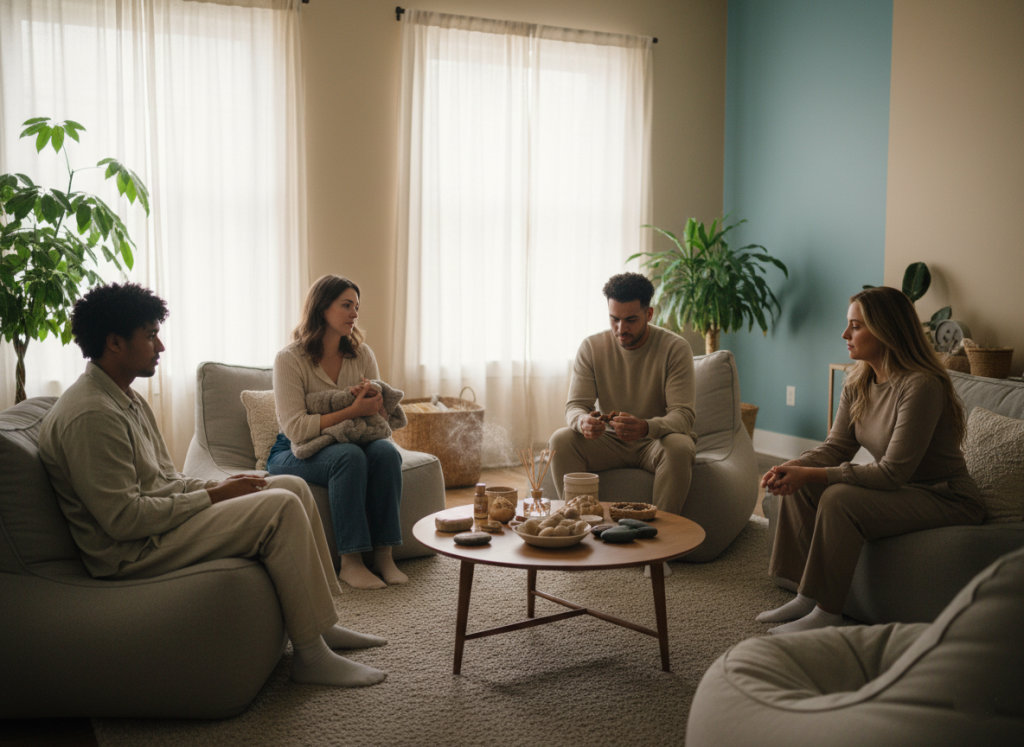
The Limitations of Traditional Models
One-size-fits-all therapy excludes clients with diverse processing styles.
Sensory-unfriendly environments overwhelm autistic or ADHD clients.
Lack of staff training leads to misinterpretation of behaviors.
Cultural insensitivity can alienate international clients.
As awareness spreads, these outdated models are being challenged worldwide.
The Principles of Inclusive Addiction Treatment
1. Person-Centered Care
Programs are tailored to the individual’s needs, neurotype, and background.
2. Trauma-Informed Practice
Safety, trust, choice, collaboration, and empowerment are built into every interaction.
3. Neurodivergence Awareness
Staff training ensures autism, ADHD, and other differences are respected and supported.
4. Sensory-Friendly Environments
Spaces are designed to reduce overwhelm and create calm.
5. Holistic Healing Options
Multiple pathways — from yoga to water therapy to creative expression — ensure all clients find practices that resonate.
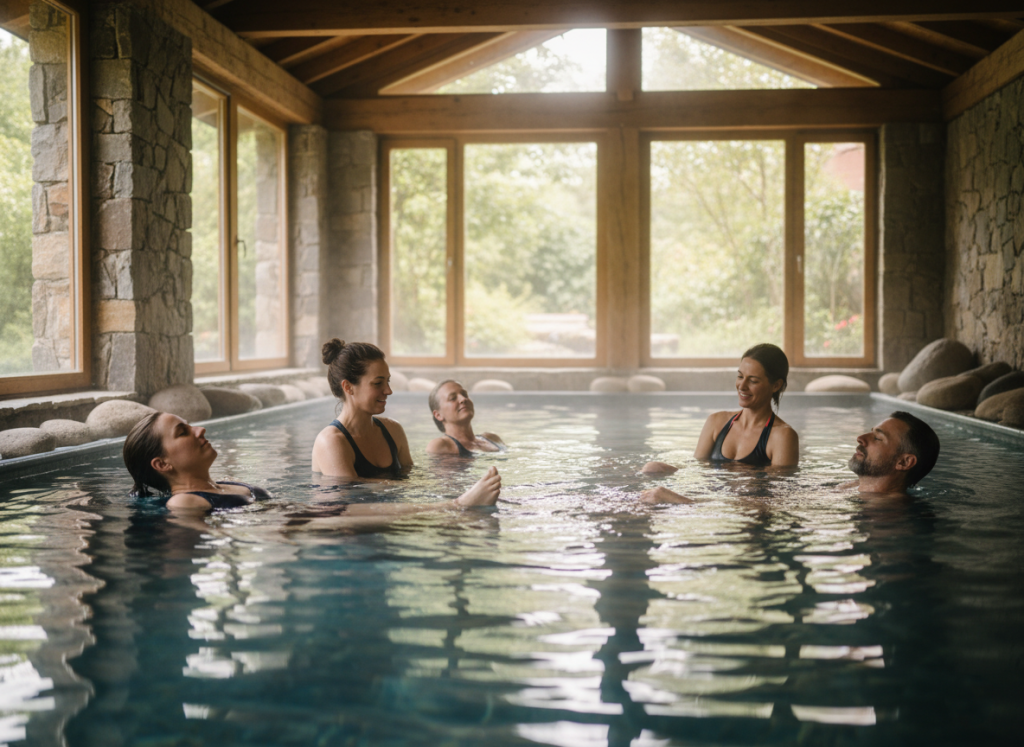
Holina Rehab: A Model for Inclusive Global Recovery
1. Licensed, World-Class Care
Fully licensed by Thailand’s Public Health Ministry, Holina combines medical detox with holistic recovery.
2. Unique Therapies
Water-based therapies (Integrative Water Therapy, Aqua Tuning).
Creative outlets (art, sound, and movement therapies).
Spiritual healing through mindfulness and meditation.
3. Inclusive Environments
Quiet rooms, sensory-friendly design, and flexible schedules.
Neurodivergence-affirming, trauma-informed staff.
4. Global Accessibility
Located on Koh Phangan island, accessible via Koh Samui Airport.
Serving clients from the UK, Europe, Australia, the US, and Asia.
The Benefits of Inclusive Rehab for the Future
Improved outcomes: More clients complete treatment and maintain sobriety.
Reduced stigma: Inclusivity normalizes difference and promotes acceptance.
Global leadership: Inclusive centers set the standard for worldwide best practice.
Sustainable healing: Clients leave empowered with tools that work for their unique lives.
The Future of Global Rehab: What to Expect
More centers adopting neurodivergence-friendly frameworks.
Increased focus on dual-diagnosis care for addiction and mental health.
Growth in international rehab tourism, with Thailand as a leader.
Expanding use of holistic and non-verbal therapies to support diverse clients.
Holina is already pioneering these changes, positioning itself as a global leader in inclusive recovery.
FAQs About Inclusive Addiction Treatment
Q1: What does “inclusive rehab” mean?
It means programs adapt to the individual, respecting neurodivergence, trauma histories, and cultural diversity.
Q2: Why is inclusivity the future of recovery?
Because one-size-fits-all models leave too many people behind. Inclusivity ensures everyone has access to effective care.
Q3: How does Holina provide inclusive treatment?
Through sensory-friendly environments, trauma-informed care, staff training, and diverse holistic therapies.
Q4: Is inclusive rehab more expensive?
Not at Holina. All therapies are included in all-inclusive packages, with no hidden costs.
Q5: Will inclusive rehab replace traditional rehab models?
Yes — as awareness grows, inclusive, person-centered care will become the global standard.
Conclusion: Inclusivity Is the Future of Healing
Addiction recovery must evolve. The future of global rehab lies in inclusive, neurodivergence-friendly, trauma-informed programs that adapt to every client’s needs.
At Holina Rehab Thailand, we are already building that future — combining world-class clinical care with holistic therapies and sensory-friendly environments, all in a tropical healing setting.
📞 Ready to Begin?
Contact Holina Rehab today to start your healing journey:
Phone: +66 (0) 626 418 369
Email: info@holinarehab.com
Website: www.holinarehab.com
About Me
Ian Young
Ian Young is the Global Manager at Holina Care Centres in Koh Phangan, Thailand. Ian oversees the rehabilitation programs that blend the 12 Step model, Psychology, Counselling, Coaching, Somatic and many other therapeutic engagements, alongside various evidence-based therapies with holistic healing practices. Holina Rehab treats addictions, trauma, anxiety, depression, and other emotional challenges, offering comprehensive care in a serene resort environment. Ian, a charismatic speaker and author of “It’s Not About Me” leveraging his own recovery journey from addiction to inspire and guide others toward a fulfilling, addiction-free life.
Recent Blogs
-
29 Nov, 2025
The Power of Community in Addiction Recovery

















